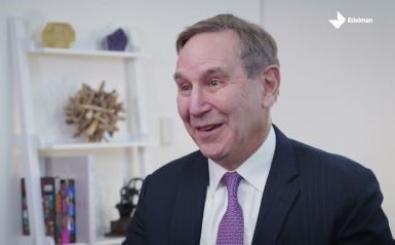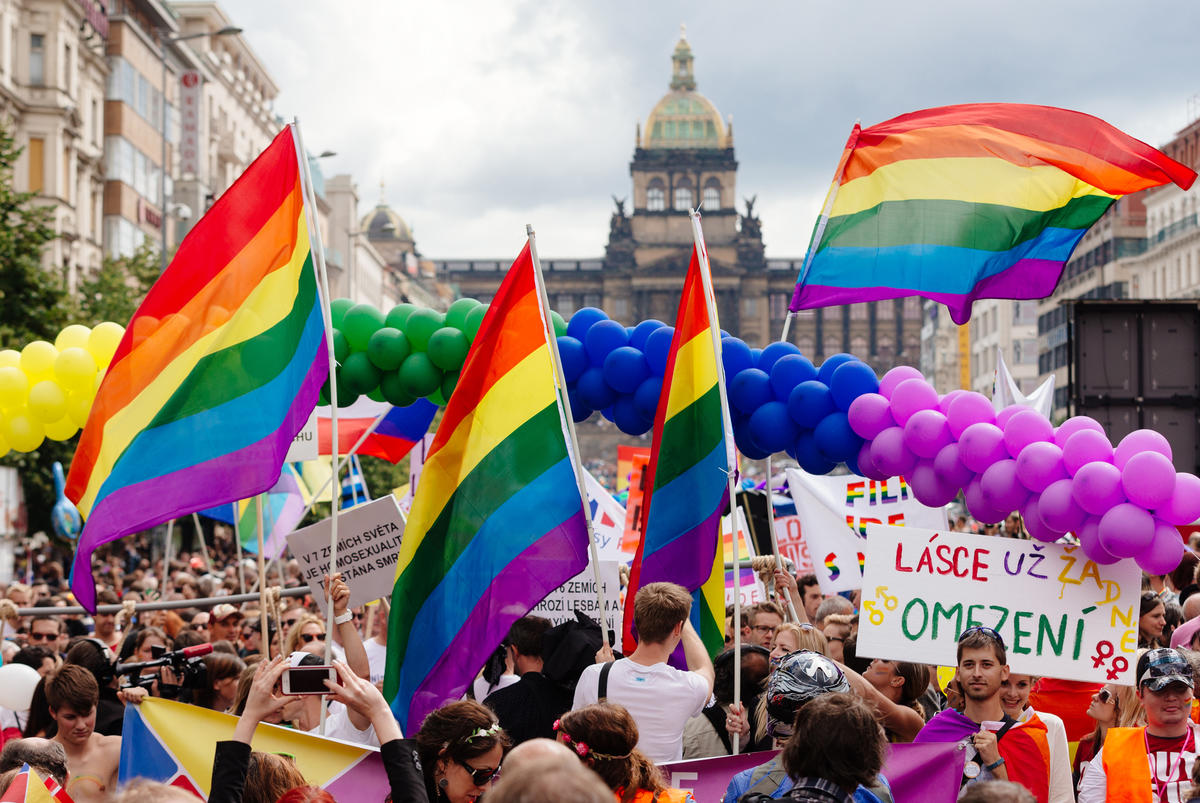The challenges and opportunities faced by the EU public affairs sector regarding inclusiveness and equality are two sides of the same coin: our conceptions. Through social movements, societies were subjected to change since the latter half of the 20th century. Social movements offered new insights into human interactions and gave voice to those who had long been silenced. Many follow the path to a fairer society that promotes social equity. The area of public affairs is no different. The changes observed in this industry are meaningful, whereas the people working in this field are representative and are by extension the image of society. As such, the issues of social equity and fairness are central to public affairs.
Social equity is, in the UN's view, a fundamental principle of peaceful and prosperous existence. Thus, all are invited to work on "the removal of barriers that a person may face because of gender, age, race, ethnicity, religion, or culture". Even so, discrimination is structural. In other words, discrimination remains a part of society, though it is not always visible. According to many researchers and NGOs, the biggest problem with structural change is our own prejudices. Biases’ costs are hard to establish. However, the European Commission points out that internalised biases reduce the quality of employees’ experiences, and by extension, decrease the company’s performance.
Public affairs organisations that promote diversity and inclusion broaden their perspectives by forming a team with people who have had different experiences. Therefore, we must allow focusing on biases, but also express ourselves and give people a chance to explain and describe their experiences. Taking on bias creates discussion, which initiates policy change. Therefore, although our prejudices are to blame, we are those who can build the egalitarian society in which we aspire to live.





